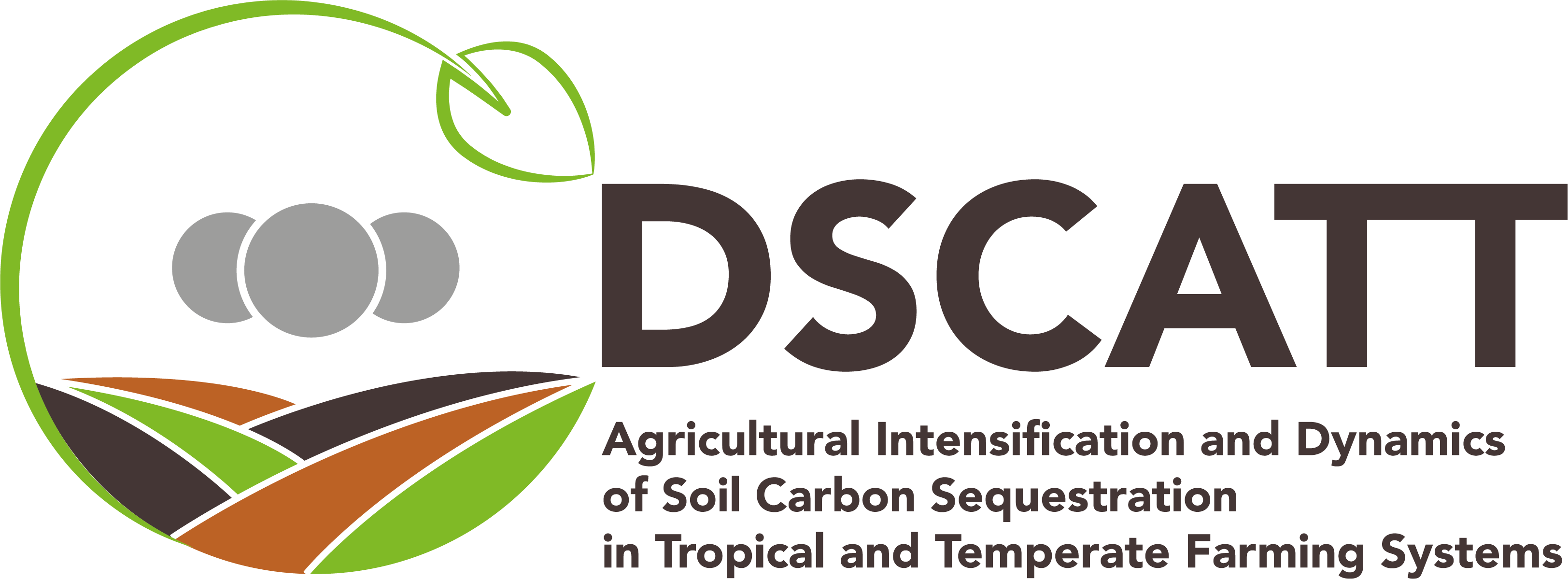Soil organic carbon stocks potentially at risk of decline with organic farming expansion
Item
-
Title
Soil organic carbon stocks potentially at risk of decline with organic farming expansion
Nature Climate Change
-
Creator
Ulysse Gaudaré
Matthias Kuhnert
Pete Smith
Manuel Martin
Pietro Barbieri
Sylvain Pellerin
Thomas Nesme
-
Subject
Agriculture
Biogeochemistry
Environmental impact
-
doi
10.1038/s41558-023-01721-5
-
Abstract
Organic farming is often considered a strategy that increases croplands’ soil organic carbon (SOC) stock. However, organic farms currently occupy only a small fraction of cropland, and it is unclear how the full-scale expansion of organic farming will impact soil carbon inputs and SOC stocks. Here we use a spatially explicit biogeochemical model to show that the complete conversion of global cropland to organic farming without the use of cover crops and plant residue (normative scenario) will result in a 40% reduction of global soil carbon input and 9% decline in SOC stock. An optimal organic scenario that supports widespread cover cropping and enhanced residue recycling will reduce global soil carbon input by 31%, and SOC can be preserved after 20 yr following conversion to organic farming. These results suggest that expanding organic farming might reduce the potential for soil carbon sequestration unless appropriate farming practices are implemented.
